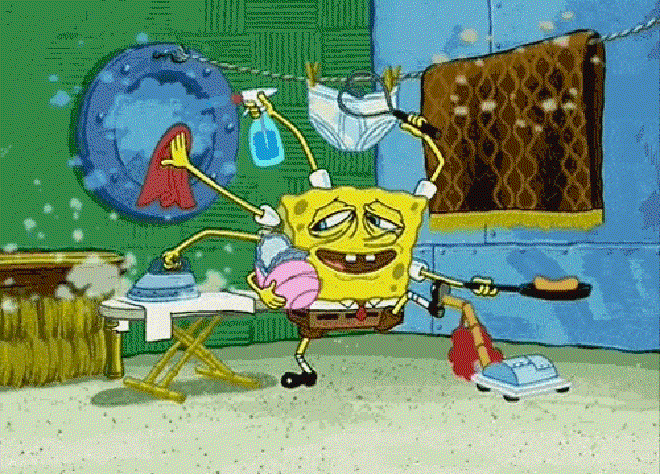Multitasking is a Myth
Have you ever tried to answer a call on your phone or send an email while driving a car? While it’s not impossible, it is an inconvenience and a public hazard. Studies agree on this fact and which is why many countries around the world have laws against the use of mobile phones while driving. When you drive, your attention is expected to be on the road and its users along with other hazards. In other words, your mind should be completely focused on getting from point A to point B safely. The moment a distraction comes into the picture, such as your phone, then your mind is no longer focused on the road. Your mind is now split between answering an email, replying to that notification on slack, answering that call or changing the song on Spotify and making sure your vehicle moves as expected. You are neither driving nor using your phone efficiently. A task that would have taken you a couple of seconds to complete on your phone now takes much, much longer to complete. Conversely, since your eyes are no longer focused on the road, your vehicle is now moving along unpredictably and you are no longer acutely aware of any obstacles or hazards along the way, such as a child or dog suddenly running onto the road. And because you are now taking much longer to complete your task on the phone, your state of distraction is much more prolonged, increasing the risk you pose to yourself, your passengers and your surroundings substantially. Do you see what I’m driving at here?
You needed to get two things done, and in your mind, both of those things held equal importance. Instead of doing the right thing and prioritizing one over the other, you tried to do some mental gymnastics and attempted to both things at the same time. In the process, you reduced your efficiency at performing those tasks and increased risk substantially, both of which are counter-productive. Congratulations! Not only are you now bad at getting things done, but you are also dangerous. You could easily translate what happened above into a scenario at work, where you may have a great many things to deliver by the end of the day, but instead of organizing and prioritizing your tasks, you try to do them all at once, make a hash of it and end up having to work extra hours just to make sure that you deliver.

The question remains: if you need to tackle two major problems at the same time, how do you choose the order in which to tackle them?
There is no easy answer to this. When you are faced with a choice between A and B, there is always a 50% risk of failing to deal with either of them. If you try to tackle them both, you are likely to end up with a 100% chance of failure, which is why it is important to choose. Every scenario requires a different approach, and nobody can make that choice except you. Once you have made your choice it is important to reduce the chance of failure for the option you chose against.
This is where you mitigate the risk of failure. Defer something. Take a breath and check for your options. If you can delay tackling a problem, delay it. If you can transfer the problem to someone else who can deal with it for you, delegate it. This way, you are reducing your chances of failure, avoiding trying to bite more than you can chew and ensuring that you plan to tackle both of the problems to the best of your ability.
Life is not so simple as to always allow you the luxury of mitigation, and that is where your skill at the job comes into play. The more you work and collaborate with people, the more you would be expected to deal with unrelated things at the same time. Switching context between two things can be tough in itself, and when the things you need to do have no relation to each other, switching context can be even more challenging. How then, can you tackle this problem? The answer is simple: organize your stuff.
The internet is rife with a ton of tools that can help you organize your stuff better. I’ve been a fan of Notion to organize my tasks and notes and it has helped me get a grip and deliver things more efficiently. Merely using a tool will not help you though. You need to have the discipline to plan regularly and take advantage of the tool you use. Whether you use Notion or stick to your trusted dairy, categorize your tasks into buckets and deal with one category at a time. If you work in a really fast-paced environment, all you may be left with is your head. And frankly, that’s perfectly fine. If your tasks come and go at lightning pace, there is nothing better than the human mind. For tasks that last longer, jot them down. Ultimately, whether you work in a place where you can afford the time to organize or whether you need to rely on memory, organization is key.
The next time you face the need to multitask, remember CMO:
-
Choose
-
Mitigate
-
Organize
Forward this to your friends if you liked it, especially to that one chronic multitasker or your overbearing boss who tells you to just multitask.
Until next week.
Peace out,
Chinmay